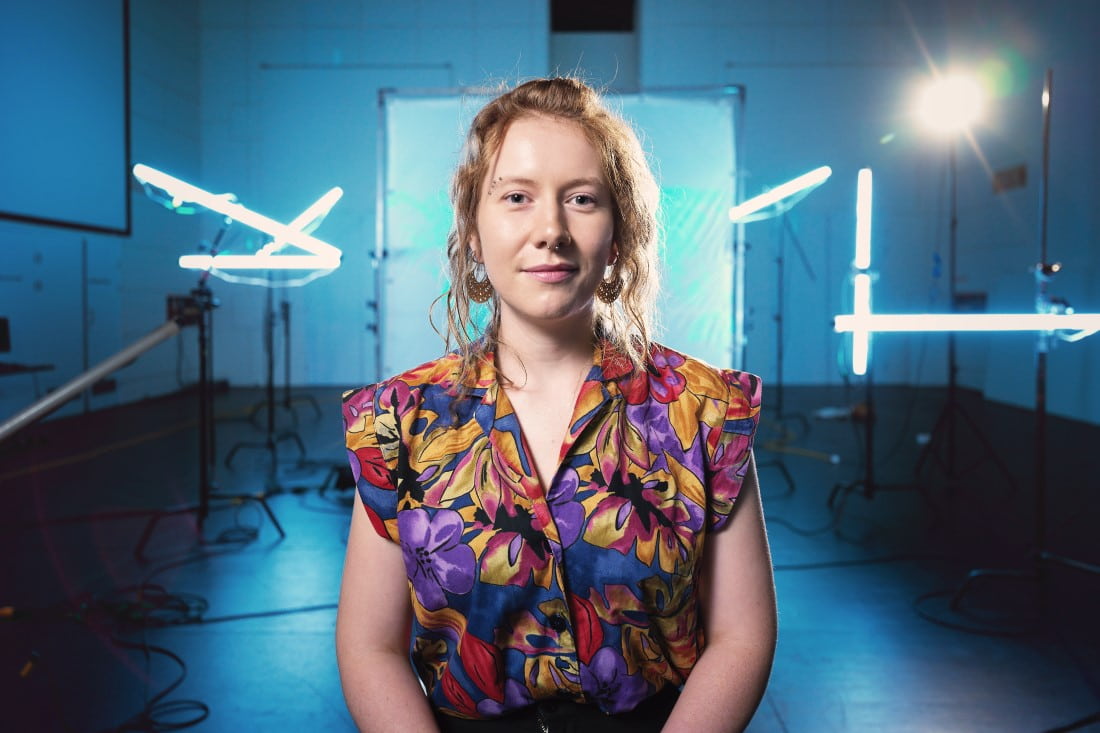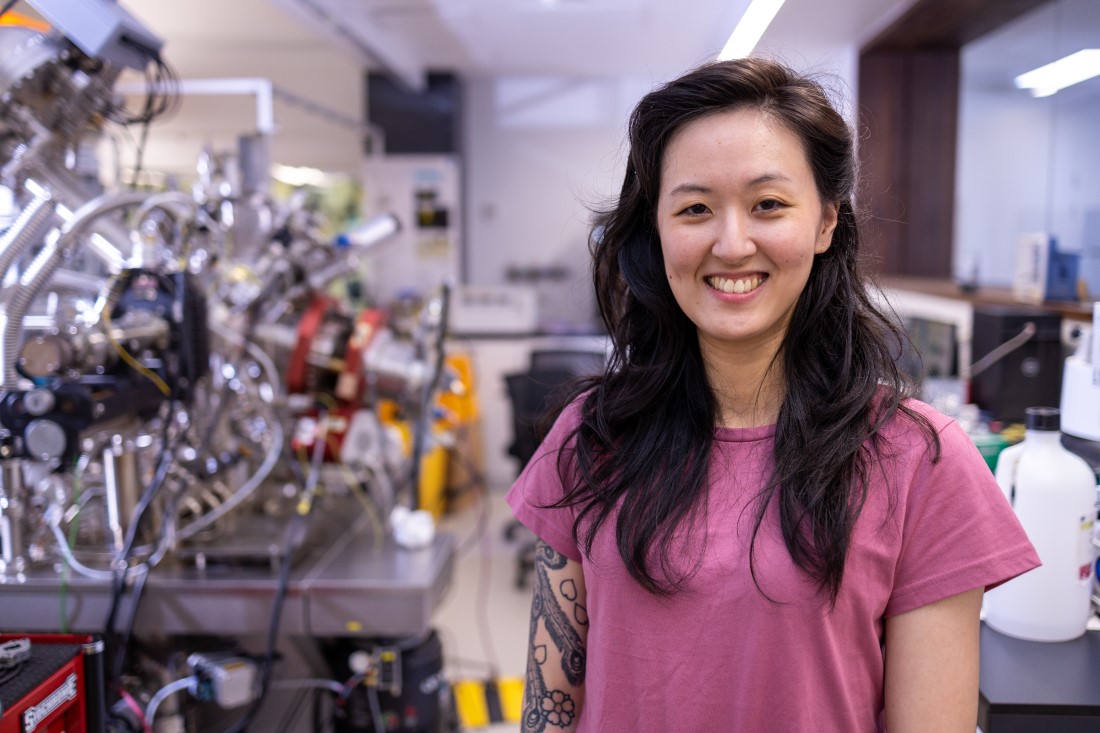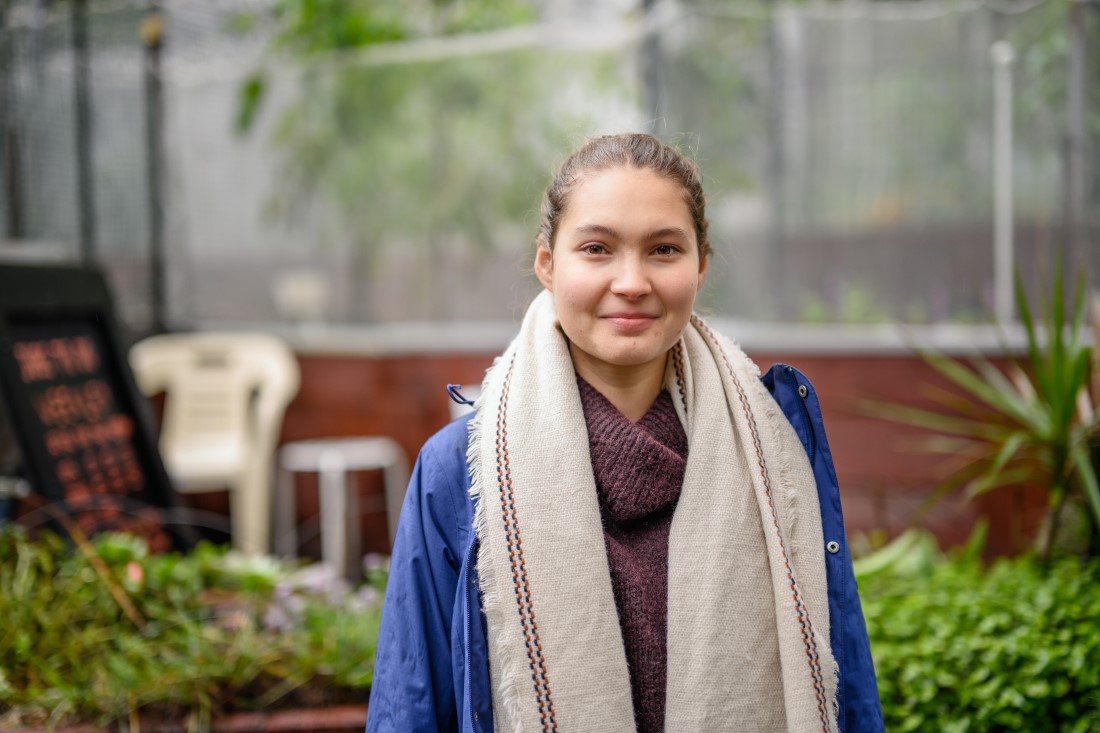Aleesha Rodriguez
Faculty of Creative Industries, Education and Social Justice
'The real world skill sharing culture at QUT helped me develop a technological edge and love for project management. After my PhD, I’d like to consult for tech companies, helping them craft effective communication strategies to take action on climate change.'Cory Williams
Faculty of Health
'I have spent a decade working in perioperative nursing, seeing the great health care we as clinicians can provide to patients but also witnessing some of the inefficient and disjointed processes within health care. My research will produce a co-designed e-health application as the foundation for a digital model of care. I believe this topic offers an opportunity to make significant change for both patient and health care workers.'Nikka Turangan
Faculty of Science
'I have realised that physics is much more diverse than I thought it was. Initially, I thought that physics was just what Sheldon from The Big Bang Theory portrayed - theoretical, and very maths oriented. But I realised that physics is as diverse as any other field. It's allowed me to really hone in on the things that I love, specialise in it, and make a great contribution to that area.'Adeline Lanham
Faculty of Health
'I'm interested in working with young people and with school communities to find ways to improve the health of both people and the planet. My research examines how young Australians can benefit from more nutritious and environmentally sustainable diets. During my undergraduate degree I really enjoyed the research components. After working as a dietitian for a couple of years, I decided that I would like to be better equipped to conduct further research. A PhD provides the opportunity for me to gain research skills while contributing meaningfully to the research and the community.'Mohasin Howlader
Faculty of Engineering
'My HDR internship experience with Advanced Mobility Analytics Group allowed me to meet transportation specialists around the globe, and learn directly from road safety technology experts – an eye-opening experience which is currently shaping the direction of my career. The hands-on experiences helped me understand the industry environment and the connection between research-based knowledge and practical implementation. Most importantly, the networks I have built, and the skill sets I have developed will set me up well for a career in road safety.'Chelsea Phillips
Faculty of Business and Law
'From my undergraduate studies to my PhD, QUT has facilitated a truly transformative journey by providing international exposure and experiences. I am a part of the QUT and Maastricht University (Netherlands) double-PhD program. This program has allowed me to relocate to the Netherlands to complete data collection and further enrich my PhD journey by gaining exposure to different ways of working and new networks. I have grown and developed substantially due to the opportunities QUT has presented, allowing me to leave my comfort zone and explore different and unforeseen possibilities in research.'







